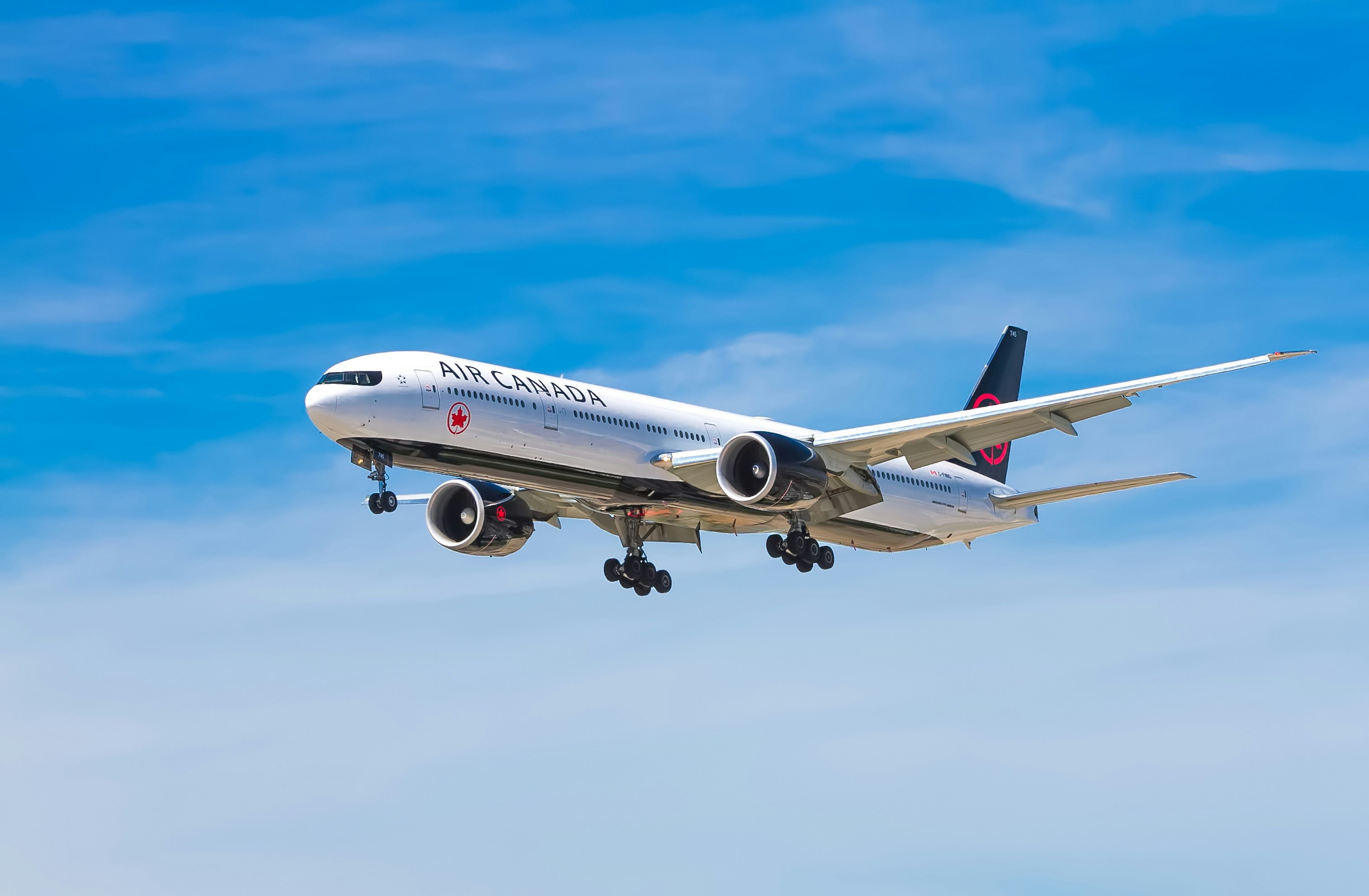All Blogs
Travel per diem rates and the tax cuts and jobs act
Written By

Hunter Brown
Date
Oct 8, 2018
Category
Entreprenuer
Length
The Internal Revenue Service (IRS) has updated per diem rates effective October 1, 2018. These new rates are to be used starting October 1st for all per diem (Latin for each day) allowances paid to employees who travel for business.
Per diem rates are a fixed amount paid to employees to compensate for lodging, meals, and incidental expenses incurred when traveling on business rather than using actual expenses.
The per diem rate can be used by employers to compensate employees for combined lodging and meal costs, or for meal costs alone. Per diem payments are not considered part of the employee’s wages for tax purposes if the payments are equal to or less than the federal per diem rate and the employee provides an expense report.
If the employee doesn’t provide a complete expense report, the payments will be taxable to the employee. Similarly, any payments that exceed the per diem rate will also be taxable.
A Significant Change from Preceding Years
Prior to 2018, employees could deduct most unreimbursed job expenses on their Schedule A as miscellaneous deductions. But the recent Tax Cuts and Jobs Act eliminated itemized deductions, including most of those for unreimbursed travel and mileage.
If you’re an employee and have previously deducted travel and/or mileage for unreimbursed business expenses, you should schedule a discussion with your employer and ask that your travel expenses by reimbursed using the new per diem rates. With the large number of changes in the tax law, it’s possible your employer is unaware of the financial burden you’ll experience by no longer being able to deduct travel expenses.
If you’re an employer, you need to be aware that choosing to not reimburse travel and mileage expenses can have a significant negative impact on your employee relations. Reimbursing your employees for business travel is a legitimate business expense.
No Change for Self-Employed Taxpayers
The new tax law allows self-employed taxpayers to still deduct business-related expenses. However, they can only use the per diem rates for meal costs. The bottom line for self-employed individuals is that you must continue to keep date, expense and amount-precise records of your expenses.
Other Exceptions
Members of a reserve component of the Armed Forces of the United States, state or local government officials paid on a fee basis, and certain performing artists may still deduct unreimbursed employee travel expenses as an adjustment to income on the front page of the 1040.
Your CPA or tax advisor can guide you through these deductions.
Per Diem Rates
Per diem rates are generally standard throughout the country except for several specified high-cost localities like New York City and Los Angeles. There are also some other locations that are designated seasonal high-cost localities including places like Aspen, Colorado and Boca Raton/Delray Beach/Jupiter, Florida.
You can find the entire list of high-cost localities, together with other per diem information, in Notice 2018-77 (downloads as a pdf).
To find the federal government per diem rates by the location name or zip code, visit the General Services Administration (GSA) website.
Contact Us for Accounting and Tax Services






